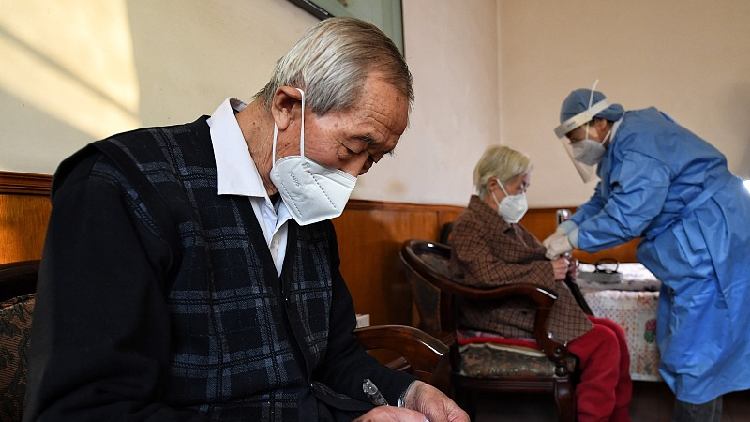When can children get updated COVID-19 booster shot?

Children as young as 5 years old may be able to get the updated COVID-19 booster shots as soon as mid-October.
That’s according to the latest version of the Centers for Disease Control and Prevention’s fall vaccination planning guide detailing how the federal government is rolling out the new bivalent COVID-19 vaccines targeted at the currently circulating strains of the omicron variant of the virus.
The new booster shots were authorized by the FDA at the end of August for those 12 and older who received their initial coronavirus vaccination series — or the original booster shot — at least two months ago. Pfizer’s updated boosters are available now to people as young as 12, while Moderna’s is limited to those 18 and older.
The CDC said in the guide that if the Food and Drug Administration authorizes the new boosters for Americans as young as 5 years old, its recommendations — necessary to start giving the shots — are anticipated “in early to mid-October.”
Pfizer’s updated boosters are expected to be available for children 5-11, while Moderna’s would be for ages 5-17.
States should be able to start pre-ordering the new Pfizer booster doses for children Monday, the guide said, adding the updated Moderna boosters, including a reduced dose for younger children, would come from the same vials already in use.
“There will be a sufficient but finite supply of pediatric bivalent COVID-19 vaccines, which should be directed to providers with expected demand among eligible patients,” the CDC guide states. The federal government recently released more than 10 million doses of the Moderna shots that had been held up due to a safety inspection.
Also noted in the guide is “at least one bivalent vaccine for children aged 6 months to 4 years may be authorized later in the fall.” Currently, children under 5 are only eligible for the initial vaccination series.
COVID-19 vaccination rates for infants and toddlers, about 6% nationwide for at least one dose and only slightly higher in Utah, were labeled “very disappointing” this week by Dr. Andrew Pavia, chief of pediatric infectious diseases at the University of Utah and director of epidemiology at Intermountain Primary Children’s Hospital.



